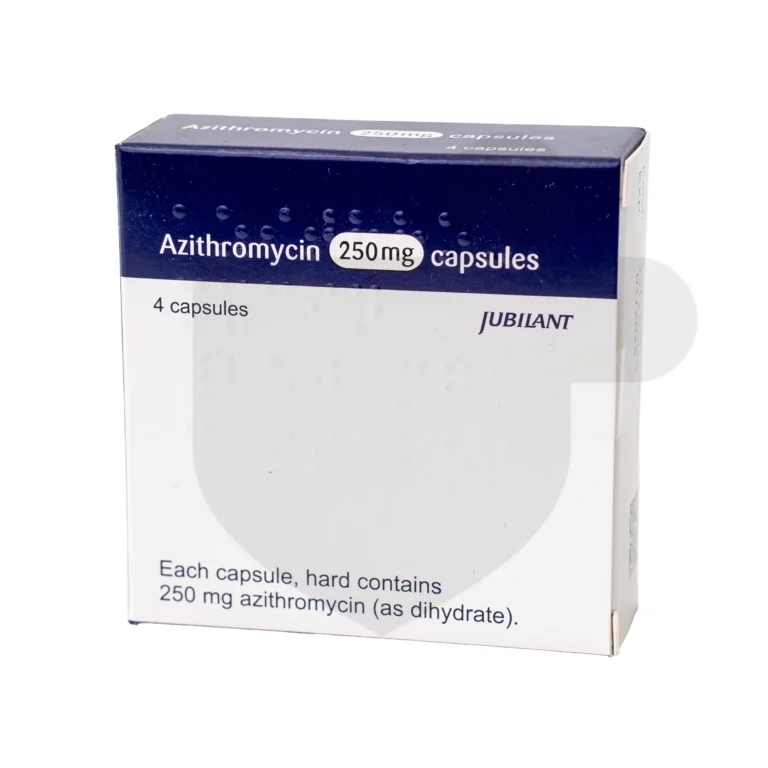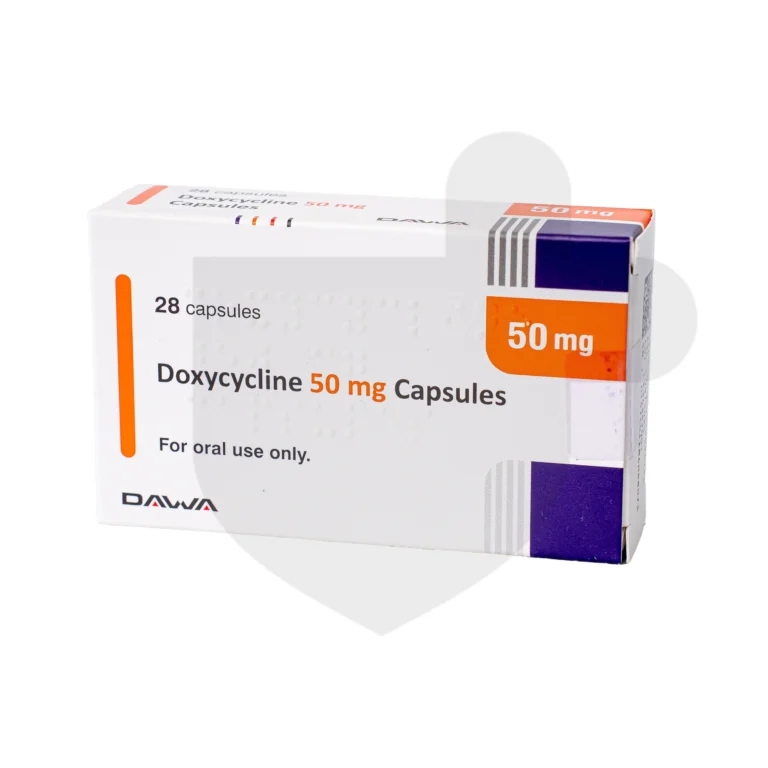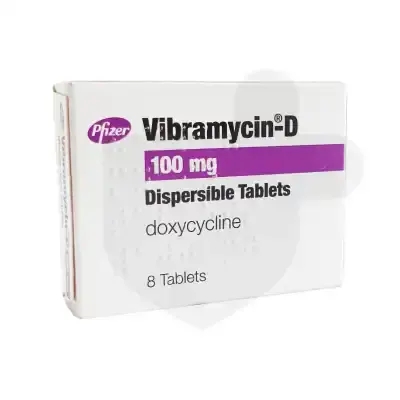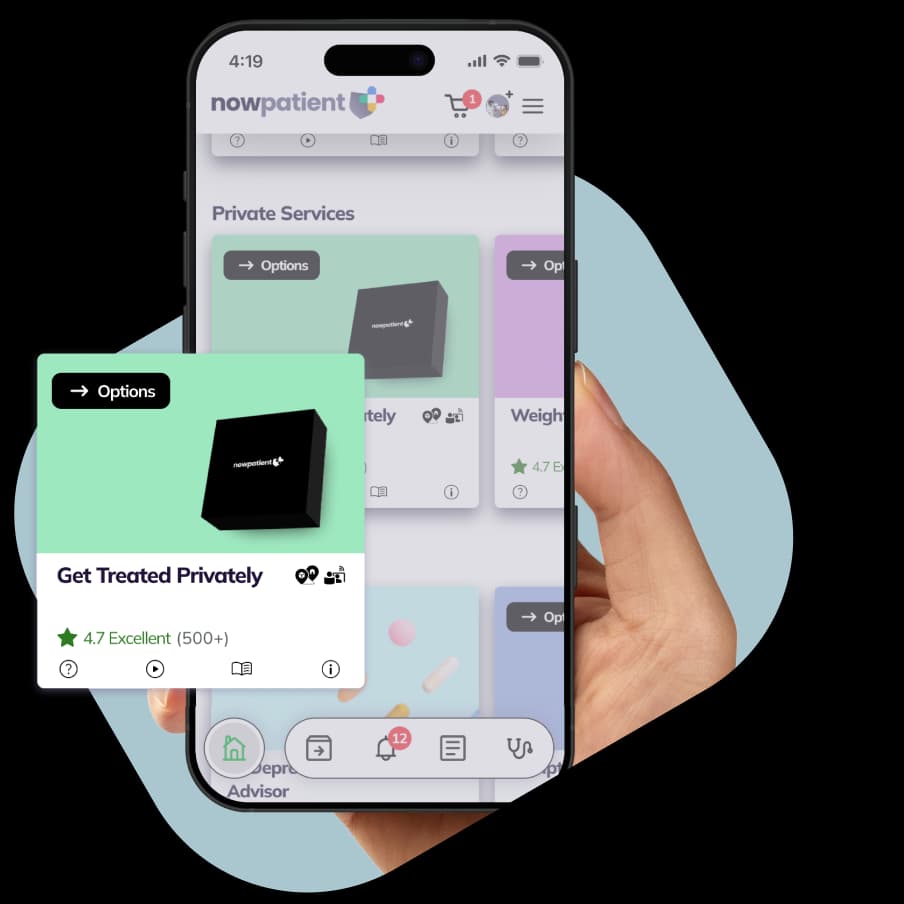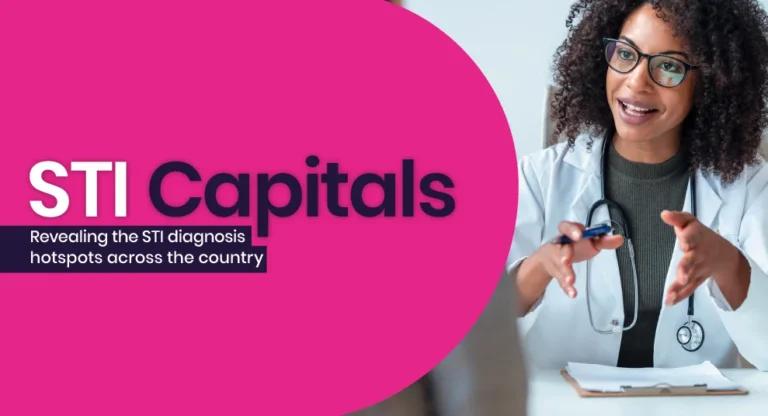Chlamydia Treatments
* Includes Free Private Prescription & Consultation.
† Applies to UK only.
START YOUR TREATMENT TODAY
Available Treatments for Chlamydia
SAFE PRESCRIBING
Get Started With the Right Treatment for You
MEDICAL INFORMATION
Chlamydia Key Facts
Chlamydia is one of the most common sexually transmitted infections (STI) worldwide. It is caused by the bacteria known as Chlamydia trachomatis. Chlamydia affects men and women. If it is not treated, Chlamydia may lead to serious complications. Here, we will take a look at the Chlamydia treatments available and their importance, and how to stop Chlamydia from spreading.
What is the impact of Chlamydia infections?
Chlamydia is a very common sexually transmitted disease (STD). In 2020, there were almost 130 million new Chlamydia infections reported worldwide in adults aged between 15 to 49. The bacterial infection is more prevalent among young people, and if left untreated, can have serious consequences for your health.
Chlamydia affects the genital area but may also infect the eyes, throat and anus. Untreated Chlamydia may cause pelvic inflammatory disease (PID) in women, which may lead to infertility and ectopic pregnancies. Also, during pregnancy, Chlamydia may be transmitted to newborns, leading to eye infections or even pneumonia. In men, the infection may cause epididymitis, characterised by pain in the testicles.
Symptoms of Chlamydia
Chlamydia often does not have any symptoms and people often do not realise they have an infection. This is why Chlamydia is so common and spreads so easily.
Symptoms, when they do occur, vary from person to person. Symptoms may include pain when peeing, an abnormal discharge, or feeling uncomfortable in the genital area. Also, symptoms of Chlamydia may be different for men and women. Symptoms in women include:
- Pain when peeing
- Abnormal vaginal discharge
- Bleeding between periods
- Pain during sex
- Abdominal pain
Symptoms in men include:
- A discharge from the penis
- Pain when peeing
- Pain and/or swelling in the testicles
Because not everyone will have symptoms or experience symptoms in the same way, regular testing is needed. This is particularly important for those who are sexually active or those who have multiple sex partners.
How do you get Chlamydia?
Chlamydia is mainly passed from person to person through sexual contact. Unprotected sex with someone who is infected, whether that be anal sex through the rectum, oral sex or sharing sex toys can result in the spread of the bacteria. Chlamydia can be passed from one person to the next, even if ejaculation or penetration has not occurred. Pregnant women can also transmit Chlamydia to newborn babies at childbirth, causing serious health problems.
Who is at risk?
Anyone sexually active, especially anyone with multiple sexual partners or individuals who engage in unprotected sex, are at risk of being infected. Young adults, between the age of 15 and 24, tend to be more prone to infection, due to a lack of awareness, increased sexual activity and a lack of access to essential healthcare services.
Diagnosis and screening for Chlamydia
Chlamydia testing is carried out using urine samples or swabs from the rectal, genital, or the mouth and throat. NAAT (nucleic acid amplification tests) are the most reliable and sensitive tests for the detection of Chlamydia. Swabs are taken from the cervix in women, while swabs are collected from the urethra in men. Self-collection test kits may also be used, allowing individuals to submit samples conveniently from the privacy of their own homes.
If you are diagnosed with Chlamydia, it is important to inform your sexual partner so they may also be tested and obtain treatment too. This will help stop the chances of reinfection and prevent the spread of Chlamydia to others. Your healthcare provider can help you contact recent sexual partners or support you with the tools to inform them. You are recommended to have a full sexual health check up, for other sexually transmitted diseases, such as syphilis, gonorrhoea and HIV, every year.
The importance of prompt treatment
To reduce the risk of infecting others with Chlamydia, you must be treated for Chlamydia as soon as possible. Treatment is normally with antibiotics as these are most effective for eradicating the infection. You must complete the course of antibiotics, even if your symptoms improve before you have finished the course of medication. You are in danger of antibiotic resistance, if you fail to complete the course.
Treatment options for Chlamydia
Antibiotics used to treat Chlamydia, include:
- Doxycycline: Taken orally for 1 week
- Azithromycin: Taken as a single dose followed by another short course of medication
Doxycycline and azithromycin, both kill the bacteria, however, alternative antibiotics may need to be prescribed if individuals are allergic to these medications or are pregnant.
You must follow the treatment plan and not engage in sexual activity until you and your sexual partner have both completed the full course of treatment. This will minimise the chance of reinfection and the risk of spreading the infection to others.
Managing treatment side effects
Antibiotics, like all medications, cause side effects. The most common side effects include nausea, diarrhoea, an upset stomach and vaginal thrush. If you have more serious side effects, speak to your healthcare provider for medical advice.
Potential complications of Chlamydia
Chlamydia may cause complications if left untreated, especially in women. Serious complications include pelvic inflammatory disease (PID) which may cause damage to the ovaries, uterus and fallopian tubes. This may lead to pelvic pain, infertility, and ectopic pregnancies.
Chlamydia may lead to inflammation of the epididymis (epididymitis) in men, which may result in pain and swelling in the testicles.
Preventing Chlamydial infections
Preventing sexually transmitted infections is key to maintaining your sexual health. Prevention includes:
- Using condoms correctly
- Regular screening, especially in sexually active women under 25, and for men under 25 who have unprotected sex with casual or new partners
- Limiting sexual partners
Follow-up testing and monitoring
Follow-up testing is recommended after treatment for Chlamydia is complete, to make sure the infection has been eradicated. This is most important for those with an increased risk for reinfection. Regular testing is essential to diagnose and treat new infections immediately.
Frequently asked questions
How common is Chlamydia?
Chlamydia is very common throughout the world, with millions of new Chlamydia infections reported annually. The CDC (Centers for Disease Control and Prevention) reported around 4 million cases in the U.S. alone in 2018. Infections are highest in young women, between the ages of 15 and 24. Regular screening is essential to detect and treat Chlamydia as early as possible.
What are common symptoms of Chlamydia?
Symptoms common in men include, a burning sensation when peeing, discharge from the penis, and pain in the testicles or lower abdomen. Symptoms common in women include, pain during sex, vaginal discharge, and cervical inflammation. These symptoms are also common of other STIs, enforcing the importance of prompt diagnosis and testing.
How do you get Chlamydia?
Chlamydia is transmitted through unprotected sex. You should be aware that ejaculation or penetration isn’t actually needed for Chlamydia to be transmitted. Contact between genitals is enough to spread the infection. Chlamydia may also be passed from a mother to her baby at childbirth, causing serious health problems for the newborn.
Risk factors for Chlamydia
- Unprotected sex
- Multiple sexual partners
- History of Chlamydia or other STIs
- Young women
- Men who have sex with other men
How do I know I have Chlamydia?
You will need to take vaginal swabs, urethral swabs or urine sample tests to test for Chlamydia. Nucleic acid amplification tests are the most accurate and will detect an infection of Chlamydia trachomatis. Because Chlamydia does not always show clear and obvious symptoms, you will need to have regular screening checks.
What treatments are there for Chlamydia?
Chlamydia is treated with antibiotics, such as azithromycin and doxycycline. These antibiotics will eradicate the bacteria. You must complete the full course of antibiotics as directed by your doctor. If you do not, you may run the risk of reinfection.
What happens if I don’t treat Chlamydia?
Not treating your infection may cause complications. In women, these include, pelvic inflammatory disease, which may cause damage to the reproductive organs. This may result in infertility, ectopic pregnancies, or chronic pelvic pain. Men may develop pain in the testicles. Also, Chlamydia may increase the risk of spreading HIV.
How do I stop getting Chlamydia?
Practice safe sex. Use condoms during sex to prevent infections. Go for regular screening, if you are sexually active, especially if you are in a high-risk category. Also, talk to your partner about safe sex, STI’s and their prevention.
Chlamydia in pregnancy
Chlamydia has risks for the mother and newborn baby. These may cause early delivery, conjunctivitis and potentially pneumonia in the baby. You are advised to have routine screening for Chlamydia during pregnancy. This will provide you with an early diagnosis, allowing you to get the appropriate treatment, in a timely manner.
How does Chlamydia affect HIV?
Untreated Chlamydia increases the risk of HIV transmission during sex. Those at risk of HIV or Chlamydia should undergo regular testing.
Final word
Chlamydia is a common STI, that can cause serious health problems if not treated. With the correct treatment however, Chlamydia can be cured. Regular screening, practising safe sex, and talking openly with your partner is important to prevent the transmission of Chlamydia.
Speak to a healthcare professional for medical attention if you think you have Chlamydia or may have been exposed to the infection. Early diagnosis and treatment of Chlamydia will protect you from other health complications. Practice safe sex, stay informed, and look after your sexual health.
Sources
- WHO – Chlamydia
- NHS – Chlamydia
- Plannedparenthood – Chlamydia
- My.clevelandclinic – Chlamydia
- CDC – Chlamydia
- Betterhealth – Chlamydia
Medical Disclaimer
NowPatient has taken all reasonable steps to ensure that all material is factually accurate, complete, and current. However, the knowledge and experience of a qualified healthcare professional should always be sought after instead of using the information on this page. Before taking any drug, you should always speak to your doctor or another qualified healthcare provider.
The information provided here about medications is subject to change and is not meant to include all uses, precautions, warnings, directions, drug interactions, allergic reactions, or negative effects. The absence of warnings or other information for a particular medication does not imply that the medication or medication combination is appropriate for all patients or for all possible purposes.
Related Articles
OUR CUSTOMERS VIEW
What Customers Love About Our Service
We want everyone to be happy and healthy, that’s what keeps us going. Read what some of them have to say about us.
Medicines Experts
Meet Our Medical Team
We are a broad skilled and passionate group of clinicians with experience of operating in health systems in the United Kingdom & United States. Providing excellent care and advice is at the heart of everything we do. You can read more about our medical team by visiting the medical team page or learn more about how we curate content by visiting our editorial process





